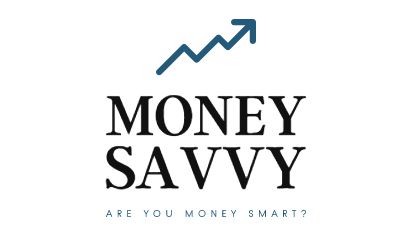As the recession continues more of us than ever need to borrow money to get by. And when you need cash in a hurry, it’s easy to throw caution to the wind and opt for almost credit arrangement going. But some types of credit are better than others, and others are positively dangerous. So read on to find out which types of credit should come with a financial health warning.
Payday Loans
Payday loans are amongst the most dangerous of loan types, not only because of the astronomical 4000% interest rates attached to loans, but the opportunity to ‘roll over’ debt and borrow from multiple payday lenders without undergoing any credit checks. In a growing number of cases, borrowers can even find themselves borrowing from other payday lenders to repay existing payday loans. This toxic combination of easy credit, high interest rates, and ability to ‘roll over’ the loan through being allowed another month to pay, (with even more interest added for the privilege), can quickly lead to a nightmare debt situation. If you really must use a payday lender, then use it only once, and pay the debt off as soon as you receive your wages.
Doorstep Lenders
Again, these are a very expensive way of borrowing, with interest rates charged of up to 3000%. The doorstep lender normally offers an unsecured loan of between £100 and £500, and will call personally at the house every week for repayments. Problems occur not only through the high interest rates charged, but with the heavy handed and aggressive tactics employed by some collectors.
Debt Management Companies
As more and more people struggle with debt, there has been a proliferation in companies offering to ‘manage’ your debts for you, for a fee. They normally offer to approach your creditors with repayment plans, and administer the payments for you. However, they are costly, and there is no need to use them. There are numerous free debt help organisations available who will help you organise your finances and approach creditors on your behalf to arrange repayments.
Store Cards
When making a purchase at the till, it’s tempting to take up the offer of a store card to reduce the cost of the item you are buying. Store cards, however, are also costly, and charge on average 25% interest. This is cheaper than most bad credit unsecured loans, but they are more expensive than a credit card, and do not constitute necessary expenditure. It’s also very easy to spend on them, and can lead to massive debt.
Payment Stores
These work by offering household goods on finance, repayable weekly, but again, come with high interest rates. For example, a payment store charging a cash price £541.99 for a television, arranges 156 weekly payments of £4.99, which comes to total of £778.44. This means that you pay £236.45 just for credit. Instead, ask friends or family if they have any surplus essential household items, or try auctions, eBay or local furniture charities.
